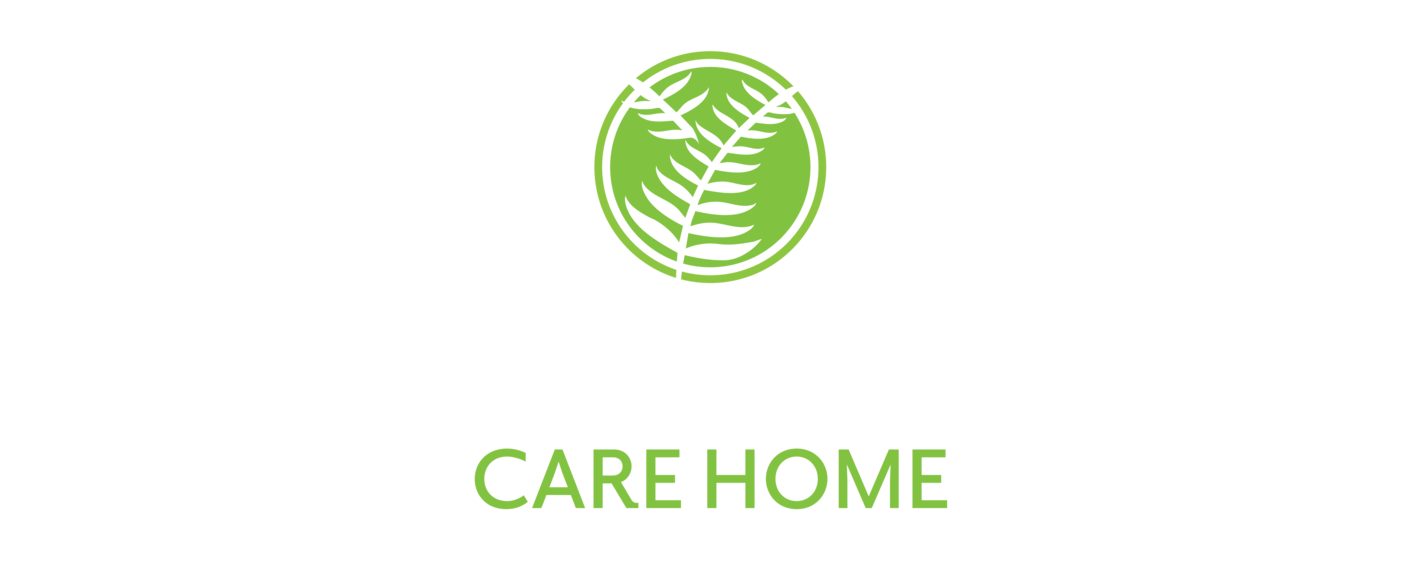How Digital Care Plans Can Support Residents

The care industry is undergoing a digital transformation, with digital care planning software increasingly replacing paper records. This shift allows adult social care providers to improve efficiency, enhance person centred care, and deliver high quality care services.
With the NHS England lead on digital integration and NHS Transformation Directorate's push for modernisation, the adoption of digital social care records is paving the way for truly integrated services. In this article, we explore how digital care plans can support residents and improve care delivery across various care settings.
What is a Digital Care Plan?
A digital care plan is an electronic version of a traditional care plan used by health and care professionals to document and manage the care of residents in various care settings. Unlike paper records, digital care plans provide instant access to up to date information, ensuring that care providers can deliver personalised and responsive care. These plans are created using digital care planning software, which allows care professionals to monitor care, record care notes, and track a residents needs in real time.
Digital care plans support the care industry by streamlining administrative tasks, improving communication between different organisations, and enhancing the accuracy of care records. They form an essential part of the transition towards a more efficient and integrated health and care system, ultimately benefitting both care providers and residents.
Enhancing Person Centred Care
A key benefit of digital care planning is its ability to support person centred care. Traditional paper records often lead to fragmented and outdated information, making it challenging for care providers to deliver truly personalised care. Digital care planning software ensures that care notes are up to date and readily accessible, enabling care professionals to provide responsive and tailored care to service users.
Digital systems provide instant access to a residents care record, allowing care teams to monitor care effectively. These systems ensures that care professionals are always on the same page, facilitating coordinated efforts between different organisations and health and care professionals. This level of integration promotes seamless care delivery and enhances overall care outcomes.
With a digital care planning system, service users and their families can also engage more actively in their own care. Residents can express their preferences, and care teams can document and track these preferences effectively, leading to a more responsive and individualised approach to care delivery.
Benefits to Staff
For care professionals, digital care plans significantly reduce the time spent on administrative tasks, enabling them to focus more on delivering hands on care. Instead of manually updating paper records, staff can quickly input care notes, update medication records, and track residents needs in real time. This results in less stress, improved workflow, and increased job satisfaction.
Additionally, digital tools provide instant access to important information, meaning care workers no longer need to sift through large paper files to find a residents details. This streamlined approach improves efficiency and ensures that staff can deliver the best quality care while reducing errors and miscommunication.
Benefits to Residents
Residents benefit from digital care plans through improved care coordination and enhanced safety. Digital records ensure that staff have accurate, real time information about their needs, preferences, and medical conditions, reducing the risk of medication errors and missed treatments.
Additionally, personalised care becomes easier to implement as care professionals can quickly access a residents history and preferences. This leads to more meaningful interactions, better continuity of care, and an overall higher standard of living within the care home.
Pros and Cons of Paper Care Plans
Pros
- undefined
- undefined
- undefined
Cons
- undefined
- undefined
- undefined
- undefined
Pros and Cons of Digital Care Plans
Pros
- undefined
- undefined
- undefined
- undefined
- undefined
Cons
- undefined
- undefined
- undefined
Improving Efficiency and Reducing Administrative Burdens
Care workers spend a significant amount of time on administrative tasks, including updating paper records and manually recording care notes. Digital solutions streamline these processes, allowing care teams to focus more on providing hands-on, high quality care. By adopting a care planning system, registered managers and care providers can save time, reduce errors, and improve errors, and improve overall efficiency within the care home.
With digital technology, care professionals can record care notes instantly using home software, eliminating the risk of misplaced or incomplete documentation. This not only ensures the accuracy of care records but also enhances accountability and transparency in the care sector.
By reducing the burden of paperwork, digital tools allow health and care professionals to dedicate more time to meaningful interactions with residents. This contributes to an overall better experience for service users and improves job satisfaction for care workers.
Enhancing Data Security and Compliance
Data security is a top priority in the health and system. Paper records are susceptible to loss, damage, and unauthorised access. Digital care planning software offers robust security measures to protect sensitive information, ensuring that care providers comply with data protection regulations. Digital records can be securely accessed by authorised personnel, reducing the risk of breeches and ensuring that service users information remains confidential.
Additionally, digital solutions provide audit trails that track access and updates to care records, further enhancing transparency and accountability within the care sector. By using encrypted electronic health records, care homes can ensure that sensitive information is protected while still providing care professionals with the necessary access to up to date details that support decision making.
Reducing Medication Errors and Enhancing Safety
One of the most significant challenges in the care industry is medication management. Traditional paper-based medication records can lead to errors, such as missed doses or incorrect administration. Digital care technology helps mitigate these risks by providing electronic health records that offer real time medication tracking and alerts.
Care professionals can use digital tools to record medication administration accurately, ensuring that residents receive the correct dosage at the right time. This reduces the likelihood of medication errors and enhances the safety of care delivery. In addition to preventing medication errors, digital solutions help monitor residents responses to prescribed treatments. Care providers can log side effects and adjust treatment plans accordingly, ensuring that residents receive the best possible care outcomes.
Supporting Remote Health Monitoring
With advancements in care technology, remote health monitoring is becoming an integral part of health and social care. Digital care planning software enables health and care professionals to monitor residents' health conditions remotely, providing early intervention when needed. This is particularly beneficial for residents with chronic conditions, as care teams can track vital signs, symptoms, and overall well-being in real time.
Remote health monitoring allows care providers to deliver high quality, proactive care while reducing hospital admissions and emergency interventions. This contributes to a more efficient health and care system, ensuring that resources are utilised effectively.
Furthermore, digital monitoring tools can integrate with wearable technology, allowing real-time tracking of residents' health metrics such as blood pressure, oxygen levels, and movement. This enables early detection of potential health issues and timely medical intervention.
The Future of Digital Care Planning
The transition from paper records to digital care planning software is revolutionising the care sector. By leveraging digital tools, care homes can provide personalised care, streamline administrative tasks, enhance data security, and improve care outcomes. With the NHS England lead on digital transformation and the increasing demand for integrated services, digital care planning is set to become the standard for health and social care providers.
As the care industry continues to evolve, embracing digital solutions will be essential for delivering high-quality, person-centred care. By adopting modern care technology, care providers can ensure that residents receive the best possible support, fostering a more efficient, responsive, and integrated health and care system.
For care providers looking to enhance their services, digital care planning offers a powerful tool to improve care delivery, support care professionals, and ultimately provide residents with a better quality of life. Investing in digital systems today will pave the way for a more innovative and effective care sector in the years to come.
The future of digital care planning is one of greater accessibility, streamlined communication, and improved outcomes for residents. As technology continues to advance, care providers will have access to even more sophisticated tools, allowing them to continue improving service quality and ensuring the best possible experiences for those in their care.

